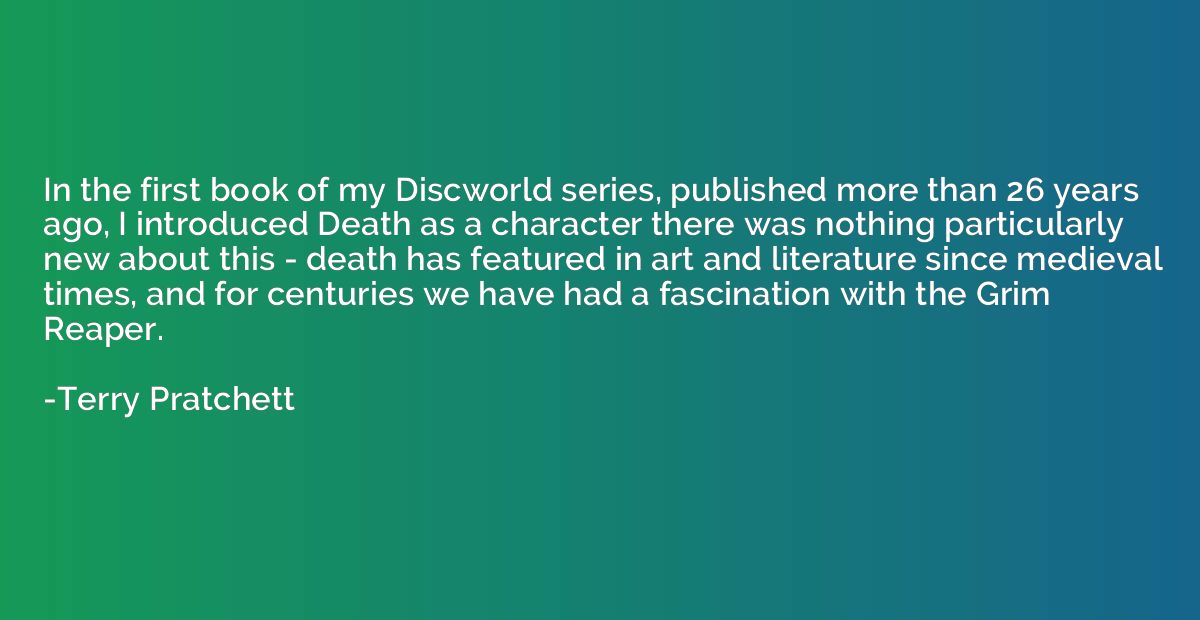Quote by Thomas Paine
There is scarcely any part of science or any thing in nature, which those impostors and blasphemers of science, called priests, as well as Christians and Jews, have not, at some time or other, perverted, or sought to pervert to the purpose of superst

Summary
This quote criticizes the actions of priests, Christians, and Jews, accusing them of distorting or misusing various aspects of science and nature for the sake of superstition. The quote suggests that these individuals, referred to as "impostors and blasphemers of science," have manipulated scientific knowledge and natural phenomena to serve their religious beliefs, possibly asserting that they have misinterpreted or twisted certain scientific concepts to support religious dogma. The quote implies a negative view of the intersection between religious belief and scientific understanding.
By Thomas Paine














